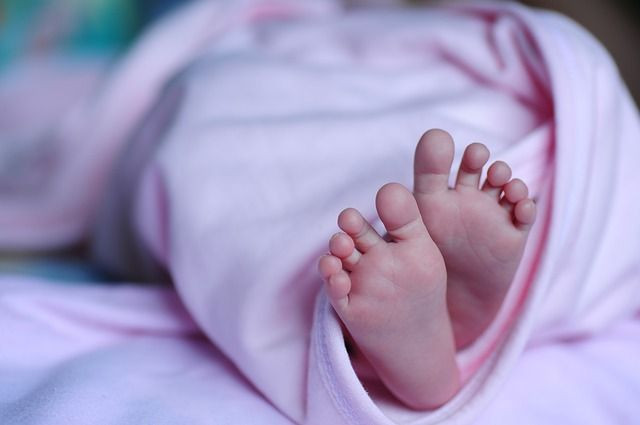Pregnancy After 40: Artificial Reproductive Technologies Like IVF May Reduce Birth Defect Risk

In the United States and many other industrialized countries throughout the world, the average age of first-time mothers continues to increase. While advanced-age pregnancy historically has been associated with increased health risks for both mother and baby, a new study suggests that older women who conceive via artificial reproductive technology (ART) methods have better birth outcomes than both women of the same age who conceive naturally, and younger women who conceive via ART.
When women conceive via IVF or intracytoplasmic sperm injection, the relationship between advanced pregnancy age and increased risk of birth defects such as Down Syndrome, seems to not only lessen, but also reverse. For example, as shown in the study, women aged 29 or under who conceived naturally had children with major birth defects at a rate of 6 percent, compared to 8 percent in women aged 40 and over. However, in women who had IVF, birth defect rates rose to 9 percent in the young group while dropping to 4 percent in the older group, New Scientist reported. Based on these results, the team concluded that risk of birth defects in women over 40 years is lower after infertility treatment than for natural conceptions.
For the study, researchers looked at 300,000 births registered in South Australia from 1986 to 2002. Of these, there were 2,211 IVF, 1,399 ICSI, and 301,060 naturally conceived births. The average prevalence of birth defects without taking age into account was 7.1 percent for women who underwent IVF, 9.9 for women who underwent ICSI, and 5.7 percent for natural conceptions.
The reason for the difference in birth outcomes is not clear, but lead study author Michael Davies, of the University of Adelaide, suggested that it may be linked to how the drugs used during fertility treatments affect women of different ages. In addition, Davies suggested it may be that IVF and ISCSI pregnancies are more likely to have birth defects, regardless of a mother’s age, but these pregnancies are simply more likely to survive full term in younger women — thus creating the gap.
This finding is especially important as more women are choosing to delay childbearing. While past research has suggested that women over 40 are no more likely to have a child with physical abnormalities than younger mothers, the risk for Down Syndrome remains. This is because the eggs of older women are, well, older, and therefore more likely to have chromosomal damage than those of a younger woman. Still, Davies suggested that this finding could have “profound” implications for women who choose to delay motherhood, and may even push back the optimal reproductive period for women.
Source: Davies MJ, Rumbold AR, Marino JL, et al. Maternal factors and the risk of birth defects after IVF and ICSI: a whole of population cohort study. International Journal of Obstetrics and Gynecology . 2016
Read More:
Physical Defects Less Likely In Babies Born To Women Over Age 35; Down Syndrome Still Common: Read Here
Pregnancy After 35: For Kids With Older Moms, Social And Environmental Factors Outweigh Biological Ones: Read Here
Published by Medicaldaily.com



























